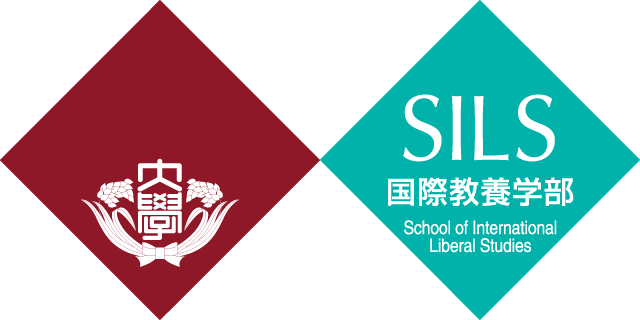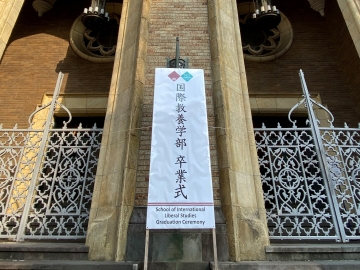Sapere aude. Dare to be wise. This phrase originated from the Ancient Roman poet Horace (BC65–BC8) (Epistles, Vol. 1, 2–40)[1] but is widely known as the phrase quoted by 18th-century German philosopher Immanuel Kant (1724–1804) in his text What is Enlightenment? He reworded the phrase as follows: “Sapere aude! Habe Mut, dich deines eigenen Verstandes zu bedienen!” (Have the courage to use your proper understanding!)[2]
Daily, we are surrounded by so-called “adults” or those who proclaim themselves to be “specialists”. Faced with difficult questions—drastic climate change, increasing discrepancy between the wealthy and the poor, and ongoing conflicts between various countries and regions—do we not just stop thinking and say, out of inertia, that we do not need to think for ourselves because “specialists” consider complex problems appropriately? Perhaps some of us may also believe that “adults” or “specialists” can even answer a question such as how to live: all we need to do would be follow their guidance.
However, Kant calls for us having the courage to use our thinking ability by quoting Horace’s phrase, sapere aude! This phrase signifies escaping from immaturity. If, when faced with a challenging issue, we wonder whether everything is in order, whether something is wrong, and whether we can entrust “adults” or “specialists”, then we are already using our thinking abilities and not borrowing ideas from others. No one can prohibit us from using our abilities. We are allowed to think based on our capacities. No one has the right to accuse us of thinking for ourselves or to require us to remain silent.
Being unsatisfied with comfortably remaining inside a scientific discipline and thinking outside of it is indispensable for cultivating an interdisciplinary culture. Thinking urges us to construct language that makes a question understandable. It is nothing else but formulating our thoughts so that they can be understood and shared by others—by anyone. It also makes us capable of accepting criticism from others. Sapere aude! The School of International Liberal Studies, Waseda University, adopts this phrase as the school’s maxim.
[1] Horace, H. Rushton Fairclough (tr.), Satires, Epistles, Ars Poetica, London : Heinemann, The Loeb Classical Library, [1926] 1961, p. 264; Horace, François Villeneuve (tr.), Épitres, Paris : Les Belles Lettres, 1955, p. 47.
[2] Immanuel Kant, „Beantwortung der Frage: Was ist Aufklärung?“ In: Berlinische Monatsschrift, 1784, H. 12, S. 481-494, hier S. 481. In: Deutsches Textarchiv <https://www.deutschestextarchiv.de/kant_a ufklaerung_1784/17>; Immanuel Kant, Kritik der reinen Vernunft, Kants gesammelte Schriften, herausgegeben von der Königlich Preußischen Akademie der Wissenschaften, Bd. VIII, Berlin/Leipzig: Gruyter, 1923, S. 35.




